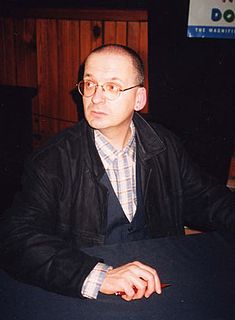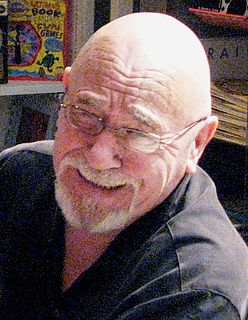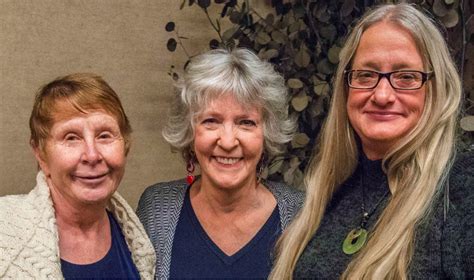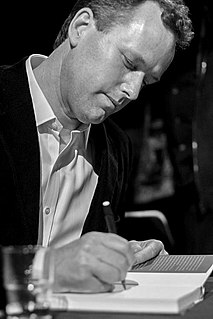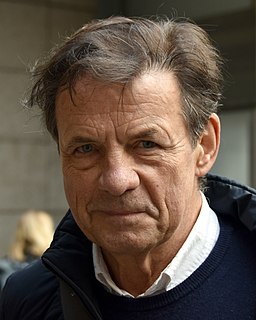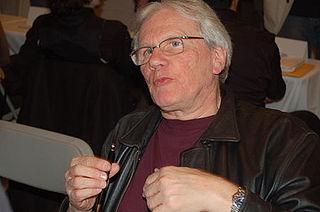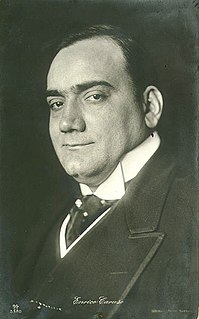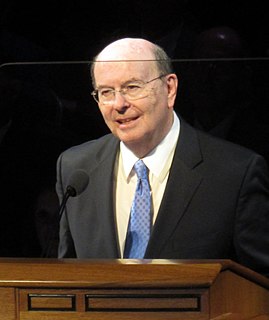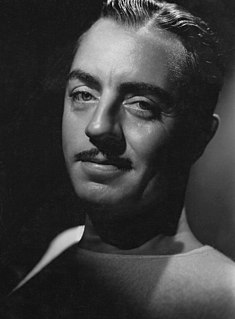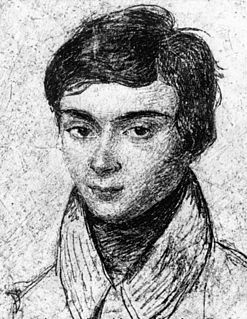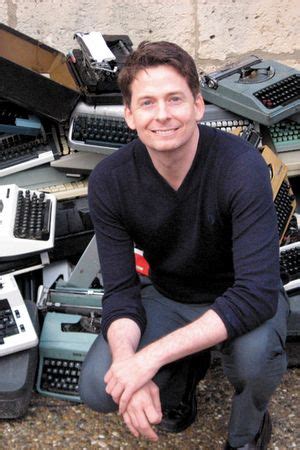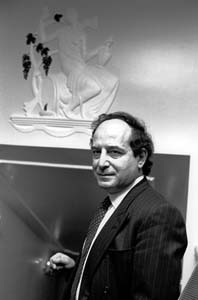Top 1200 Author Quotes & Sayings
Explore popular Author quotes.
Last updated on December 25, 2024.
Because every book of art, be it a poem or a cupola, is understandably a self-portrait of its author, we won't strain ourselves too hard trying to distinguish between the author's persona and the poem's lyrical hero. As a rule, such distinctions are quite meaningless, if only because a lyrical hero is invariably an author's self-projection.
Whether the author intended a symbolic resonance to exist in her book is irrelevant. All that matters is whether it's there. Because the book does not exist for the benefit of the author, the book exists for the benefit of YOU. If we as readers can have a bigger and richer experience with the world as a result of reading a symbol and that symbol wasn't intended by the author, WE STILL WIN.
I only know what it's like to be an author with social media. I can't compare. I do think we lose the mystery of the author. Today, I get tons of e-mails and Facebook messages from readers, and my goal with Twitter and Facebook is, if someone reaches out to me, I'm going to respond to them. I don't want to be an elitist author who is untouchable. I'm just a regular person, too. I will always respond to everybody.
When I read a novel that I really like, I feel as if I am in direct, personal communication with the author. I feel as if the author and I are on the same wavelength mentally, that we have a lot in common with each other, and that we could have an interesting conversation, or even a friendship, if the circumstances permitted it. When the novel comes to an end, I feel a certain letdown, a loss of contact. It is natural to want to recapture that feeling by reading other works by the same author, or by corresponding with him/her directly.
